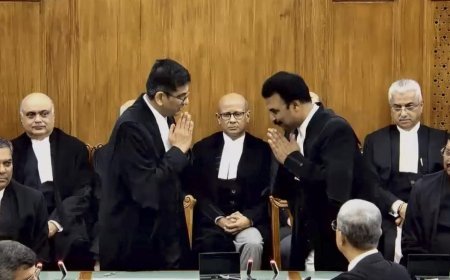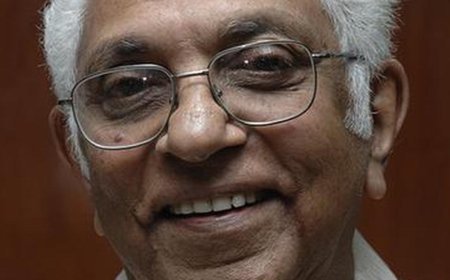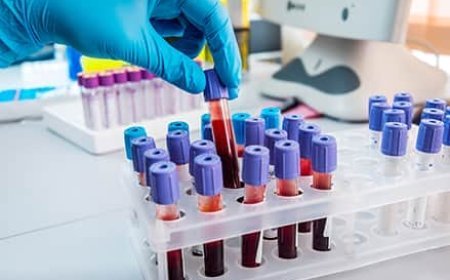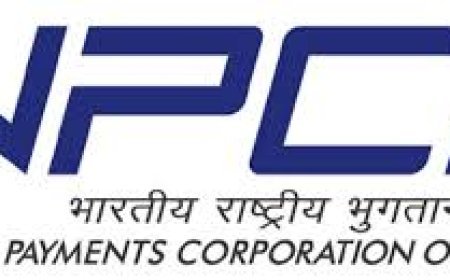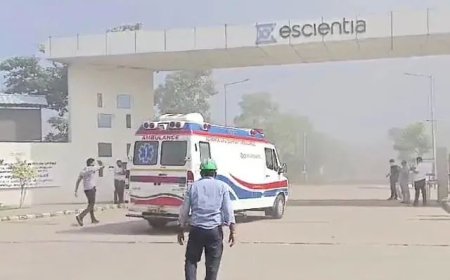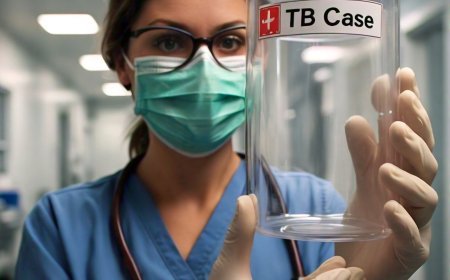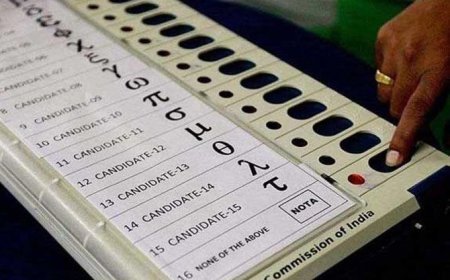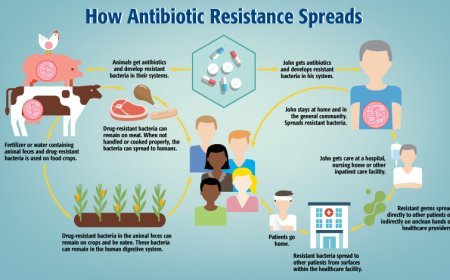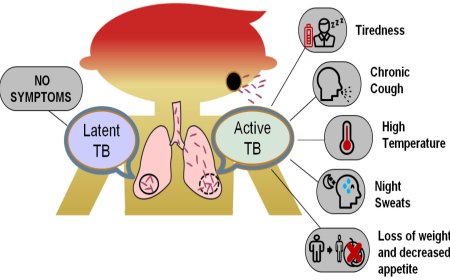Can Blood Tests for Cancer Save More Lives? A Promising Development in Early Detection
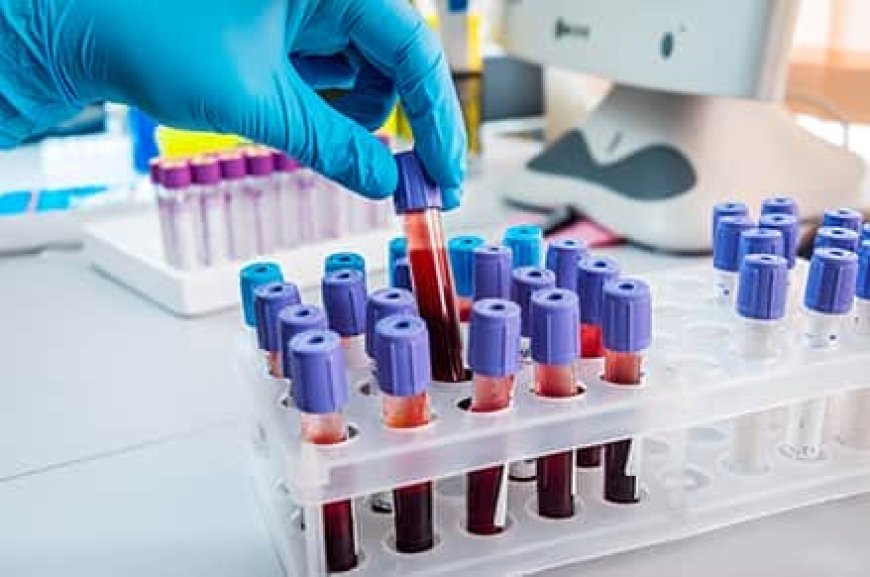
Can Blood Tests for Cancer Save More Lives? A Promising Development in Early Detection
Recent advancements in cancer detection have sparked significant interest, particularly the development of blood-based tests that could revolutionize early diagnosis and treatment. The potential of these tests, known as Multi-Cancer Early Detection (MCED) tests, has been a hot topic in the news, especially given the rising burden of cancer in countries like India.
Key Facts and Insights
1. The Growing Cancer Burden:
o Cancer is the second leading cause of death from noncommunicable diseases in India, responsible for 18% of such fatalities. In 2022, there were approximately 14 lakh new cancer cases in the country, a number projected to rise by 12% by 2025.
2. The Promise of Early Detection:
o Early detection is critical in the fight against cancer, as it significantly improves survival rates and reduces the cost of treatment. MCED tests offer a new avenue for detecting cancer at an earlier stage by identifying circulating tumor DNA (ctDNA) or circulating tumor cells (CTCs) in the blood.
3. How MCED Tests Work:
o These tests are a type of liquid biopsy that can detect signals from up to 50 different types of cancer, even those for which there are currently no recommended early screening tests, such as ovarian, liver, and pancreatic cancers. If cancer is detected, these tests can often locate the cancer, aiding in the prompt and effective treatment.
4. Challenges and Considerations:
o While promising, MCED tests are not without their challenges. One major concern is the risk of false positives, which could lead to unnecessary anxiety, further testing, and potential overdiagnosis. Studies suggest that combining MCED tests with traditional screening methods could reduce these false positive rates.
5. Current Status and Regulatory Landscape:
o Although MCED tests are gaining traction, they are not yet approved by the U.S. FDA. In India, where the Central Drugs Standard Control Organisation (CDSCO) oversees medical devices and diagnostic kits, these tests are available as laboratory-developed tests (LDTs) but are not yet widely regulated or approved.
6. The Need for Support Post-Testing:
o Given the novelty of MCED tests, especially in India, it is crucial to provide post-test support to patients. This includes clear guidance on interpreting results, understanding next steps, and managing the emotional impact of a positive diagnosis. Access to genetic counselors and educational resources is essential for both patients and healthcare providers.
Why It’s in the News
The potential of MCED tests to save lives by detecting cancer early has made headlines, especially as India faces a growing cancer burden. These tests represent a significant advancement in cancer care, offering hope for better outcomes through earlier detection. However, their implementation also raises important questions about accessibility, accuracy, and the need for comprehensive support systems to manage the complexities of early cancer diagnosis. As research and regulatory frameworks continue to evolve, the role of MCED tests in national cancer strategies will be closely watched by the global medical community.
What's Your Reaction?






























